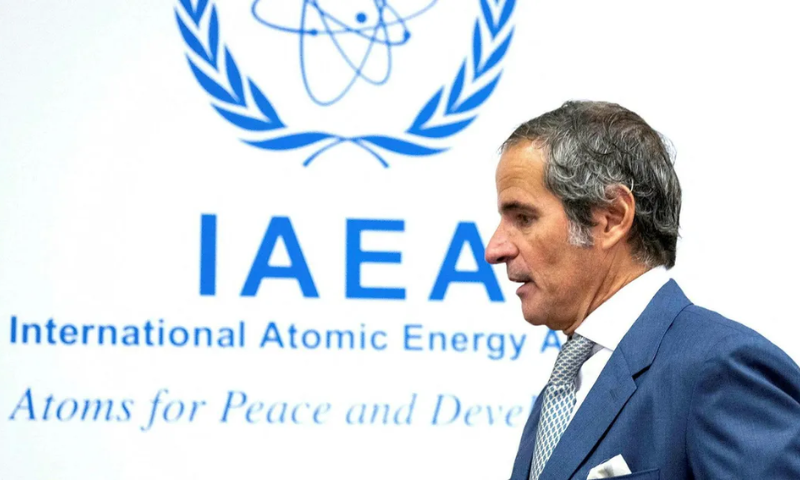UNITED NATIONS: Rafael Grossi, head of the UN’s International Atomic Energy Agency (IAEA), aims to meet with Iran’s new President, Masoud Pezeshkian, by November to enhance cooperation on nuclear inspections.
Relations between Iran and the IAEA have been strained due to Tehran’s long-standing refusal to allow uranium-enrichment experts on the inspection team and its failure to clarify uranium traces found at undeclared sites. Grossi noted that Pezeshkian agreed to a meeting at a suitable time, and he urged Iran to facilitate this meeting soon to foster constructive dialogue.
Nuclear diplomacy is largely stalled, given the political timelines of both Iran and the U.S., whose election is set for November 5. Grossi expressed a desire to achieve tangible progress before then. The IAEA has issued several resolutions demanding Iran’s urgent cooperation, but these have seen little success. Recent IAEA reports indicate no significant progress in resolving these issues.
In response to the latest resolution in June, Iran expanded its enrichment capabilities, installing advanced centrifuges at its Natanz and Fordow sites, including the highly advanced IR-6 models. While eight new cascades have been installed at Fordow, which enriches uranium to 60% purity (close to weapons-grade), they have not yet been activated. At Natanz, Iran brought 15 new cascades online, enriching up to 5% purity. Grossi observed that although there has been some work, there is no indication of a rapid increase in enrichment production.
Iran has ramped up its nuclear activities since 2019, following the U.S. withdrawal from the 2015 nuclear deal under President Donald Trump. Western diplomats are reportedly considering negotiations for new restrictions if Democratic candidate Kamala Harris wins the upcoming U.S. election.























